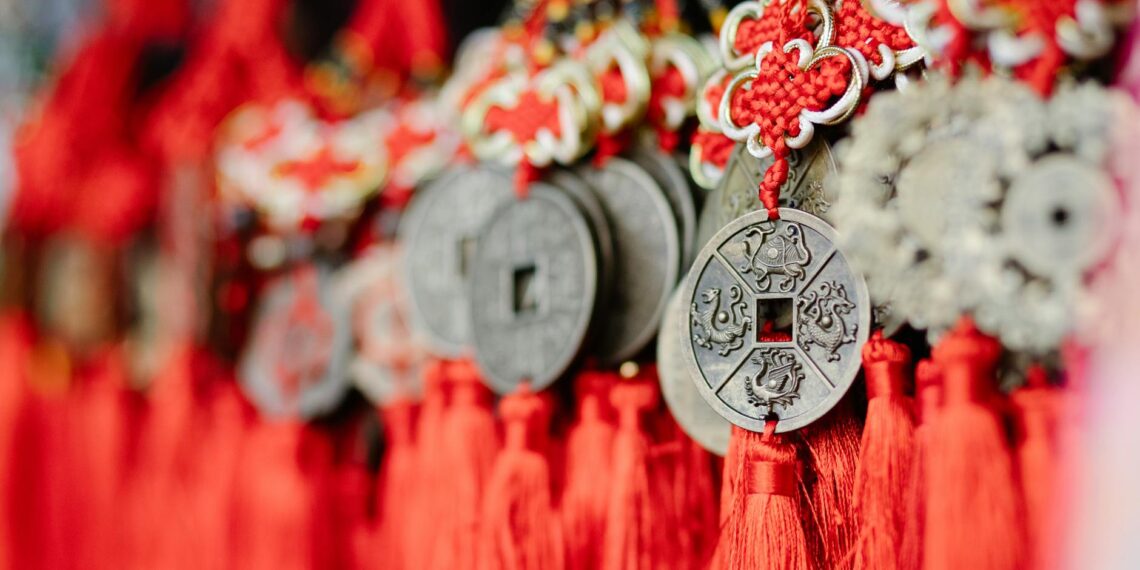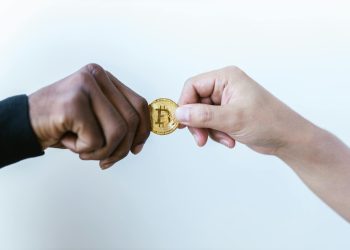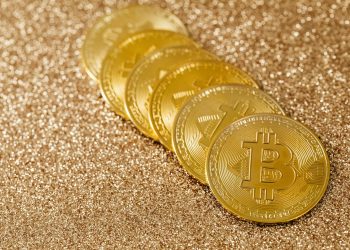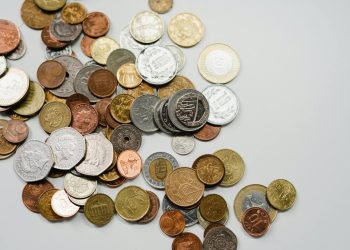Coin collecting, also known as numismatics, is a fascinating and rewarding hobby that involves collecting coins or other numismatic items like tokens or medals. It can be enjoyed by people of all ages and interests, and you can tailor your approach to be as casual or serious as you like.
Here’s how to get started:
- Learn the Basics: Familiarize yourself with numismatic terminology, like “obverse,” “reverse,” “mint mark,” and “grade”.
- Explore Different Coin Types: Coins can be collected based on various criteria, such as country of origin, historical era, theme (like animals or historical figures), or denomination.
- Understand Coin Valuation: Learn how factors like scarcity, mintage rates, condition (grade), and demand affect a coin’s value.
- Read Books and Online Resources: Explore beginner’s guides to coin collecting for comprehensive information.
- Choose a Focus: Don’t feel pressured to invest a lot of money upfront. Start with a specific type of coin or collection that interests you, like State Quarters, Lincoln Cents, or Jefferson Nickels.
- Look for Coins Around You: Check your pockets, piggy bank, and other places for potentially interesting coins to begin with.
- Buy Affordable Coins: Consider starting with readily available and less expensive coins to gain experience before investing in rarer or more valuable items.
- Storage and Display:
– Coin albums or folders: These are great for organizing and displaying coins. A good option for beginners is the [Whitman 60 Pocket Coin Album].
– Coin holders or capsules: These provide individual protection for valuable coins.
– Coin flips: Inexpensive and practical for storing, displaying, and protecting coins.
- Handling Tools:
– Soft cotton gloves: Protect coins from fingerprints and skin oils.
– Soft towel or pad: Provides a safe surface when viewing or handling coins.
– Magnifying glass: Helps examine the fine details of your coins.
- Change Hunting & Coin Roll Hunting: Examine pocket change or purchase coin rolls from a bank and search for valuable or interesting specimens.
- Coin Dealers & Shows: These are good places to find a wider variety of coins, especially rarer or more specialized types.
- Online Marketplaces & Auctions: Websites and auctions can offer a vast selection of coins from around the world.
- Always use soft cotton gloves when handling coins.
- Hold coins by the edges to avoid touching the surfaces.
- Never clean your coins. Even if they appear dirty, cleaning can damage the surface and reduce their value.
- Store coins in a cool, dry place to prevent tarnishing and corrosion.
- Use acid-free and PVC-free storage materials. PVC can damage coins over time.
- Join online forums or local coin clubs. This allows you to connect with other enthusiasts, find inspiration, learn more about the hobby, and even potentially trade coins.
Remember, coin collecting is about enjoyment and learning. Start small, educate yourself, and you’ll be well on your way to building a meaningful and enjoyable collection.











What coins should a beginner collect?
If you want to buy your coins, Morgans are popular for beginners.
What is the best way to start collecting coins?
The internet is the best place to learn about coin collecting these days. Begin by searching for the type of coins you are interested. Once you think you have some idea about the coins you are interested in, search Facebook, Yahoo! and Instagram for groups that discuss these coins and join them.
Is coin collecting still worth it?
From my experience, Coin “collecting” generally is not profitable but precious metals and rare coins often meet or exceed the rate of inflation. However, if you treat it like a job or as a serious investment, it may become very profitable.
How to start coin collecting as a hobby?
From my experience, To get the most out of your hobby, set yourself specific targets for coins you’d like to get your hands on and start searching. Collecting from your change is a great way to get started, but you can expand your collection with commemorative coins, which are available to purchase on our website.